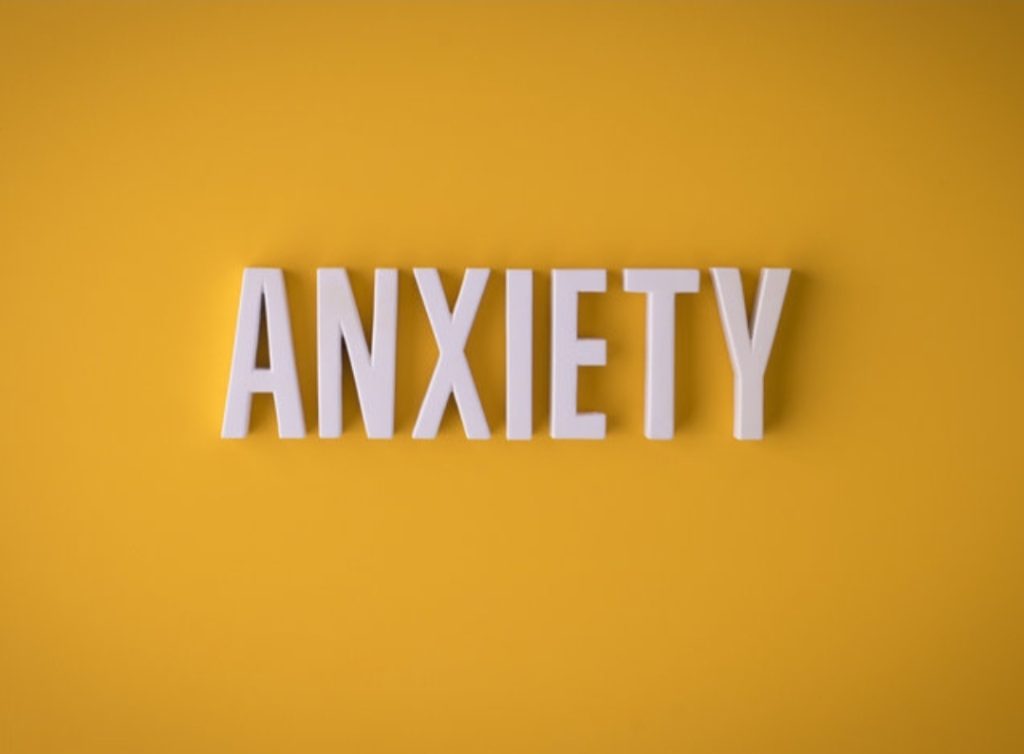We can never forget about those who have been victimized the most by the Coronavirus pandemic: those who have lost their lives, and those who mourn the loss of their loved ones.
While this fact remains true, we must pay special homage to those who have suffered from the great economic hardships that the pandemic has caused. Millions of Americans have lost their jobs, have been forced to close their businesses, and have struggled to provide food for their families.
Unemployment, during the early phases of the pandemic, skyrocketed to rates not seen since the late 1940’s. According to the Congressional Research Service, during April of 2020, the unemployment rate reached 14.7% with unemployment among specific industries soaring to notably higher peaks. For example, in the leisure and hospitality industry, unemployment reached a peak of 39.3% shortly before the summer of 2020.
In October of 2020, Jenny Siharath, a 19-year-old who lives in South Florida, was fired from her waitressing job. “I was struggling,” she said. “My bills were mounting, and I knew that if I was unable to find work for even a few weeks I would not be able to pay off my debt.”
Luckily for Siharath, she made a few changes that enabled her to find a new job within a month. “I did a ton of research online for jobs. I realized that I could not set my standards too high. Whatever the job was that became available, I had to take it. Survival is key.”
There are many important steps one can take in order to make themselves more marketable during the pandemic as well as in the future.
Simple Steps to Enhance your Marketability and Economic Preparedness
1. Certifications
One of the largest discrepancies in the unemployment gap that occurred during the pandemic was between those who have a college degree and those who do not.
According to the Congressional Research Service, the unemployment rate for those who have a college degree was roughly 8.4%. This differed drastically from the 21.2% of unemployed workers who lack any such degree.
Hence, one of your best tools for your own marketability is your level of certification. For many people, the pandemic has created more free time and more time at home. Most classes and degree-seeking programs are now taught online. If you have extra free time, seeking a new level of certification may greatly help your job search.
2. Dealing with Rejection
There has never been a more important time for gratitude than now.
Being rejected from a job application, or losing one’s job, can certainly feel devastating in the moment. However, we must try to keep our focus on the most important things in life: our family and our health.
While it may sound frivolous, each day that we wake up is a blessing. This pandemic has shown us that every day is not guaranteed, and we can never predict the future with any semblance of certainty.
Thus, we need to focus on what matters, and we must get back on the horse and try again in the face of a temporary defeat.
3. Zoom Interviews
Mastering your virtual interview skills can be an important tool in enhancing your marketability. Here are a few tips that can help make you stand out during a virtual interview:
- Make sure to have an appropriate background. Having a solid color displayed behind you is always a safe choice. If you have to show the room that you are in, make certain that it is clean and tidy.
- Try to have a source of lighting in front of your face. The last thing that you want is for your interviewer to have trouble seeing your face as you talk. It may help greatly to put a lamp next to your computer to ensure that you have proper visibility during your video chat.
- Open your video chat program before the interview and practice with different sources of lighting and different camera angles.
- Dress to impress. Just because you are not interviewing in person does not mean that you should dress any more casually than you normally would at an in-person interview.
- Rehearse interview questions in front of your computer and while you are on camera. During a video chat, you will usually see yourself in a small corner of the screen. This may be distracting if you are not used to this aspect of virtual interviews. Practice while on camera to make sure that you are not distracted by your own image.
- Always do research on the job or position that you are interviewing for. While many general questions arise in nearly every interview, be ready for more specific queries. Make the time to learn about your intended industry beforehand.
4. Emergency Budgeting
No one has a crystal ball, and unless you can see into the future you should have a plan in place to protect your finances from unforeseen events. In order to ensure that you will have enough money in the event that you would be unable to work, you need to establish an emergency budget.
It’s recommended that you devise a plan to save enough money to cover approximately 3-6 months of your expenses. In order to do this, you first need to calculate your monthly expenses. These expenses should only include payments that are absolutely necessary.
Once you are able to compile your total expenses for roughly a 3-6-month period, you will need to set aside part of your monthly income in order to raise enough funds for your budget. When you have acquired this amount, try setting it aside in a new bank account that you will only access in times of an emergency.
5. Taking a Break
The pandemic has created more stress for all of us in an expansive number of ways. Now, more than ever, it is important to take a step back and to realize that it is okay to take a short break from our stressors in life.
Go for that long walk on the beach with your partner. Run that extra mile before the sun rises. Start a new hobby at home. Meditate and clear your mind. Then, once you feel rested, start with a clean slate, and tackle your duties in life with maximum effort.
Our Her Nexx Chapter Community invites you to join us where women are connecting with each other’s stories, exploring different experiences, and transforming ideas.
The Future of Connection for Women
Follow us:







